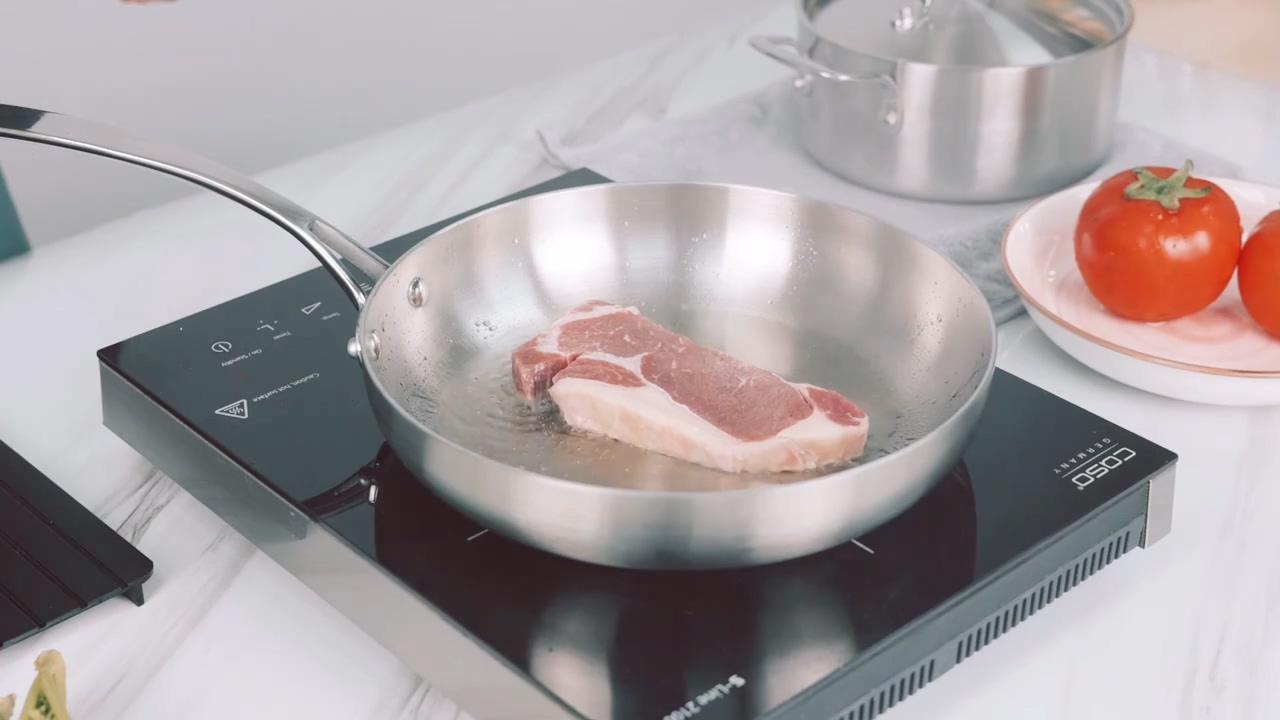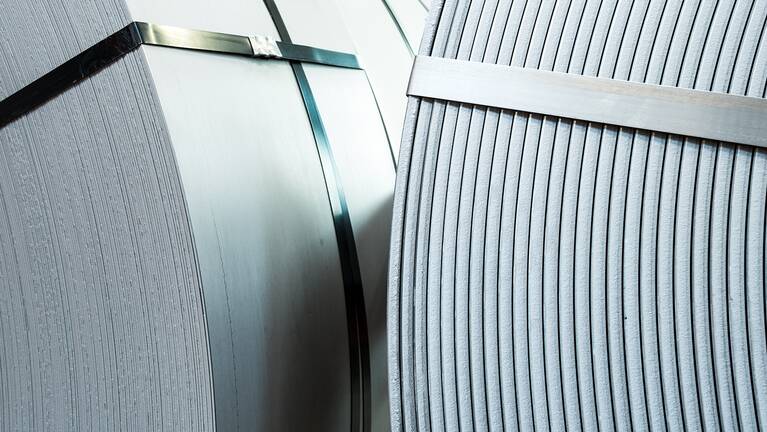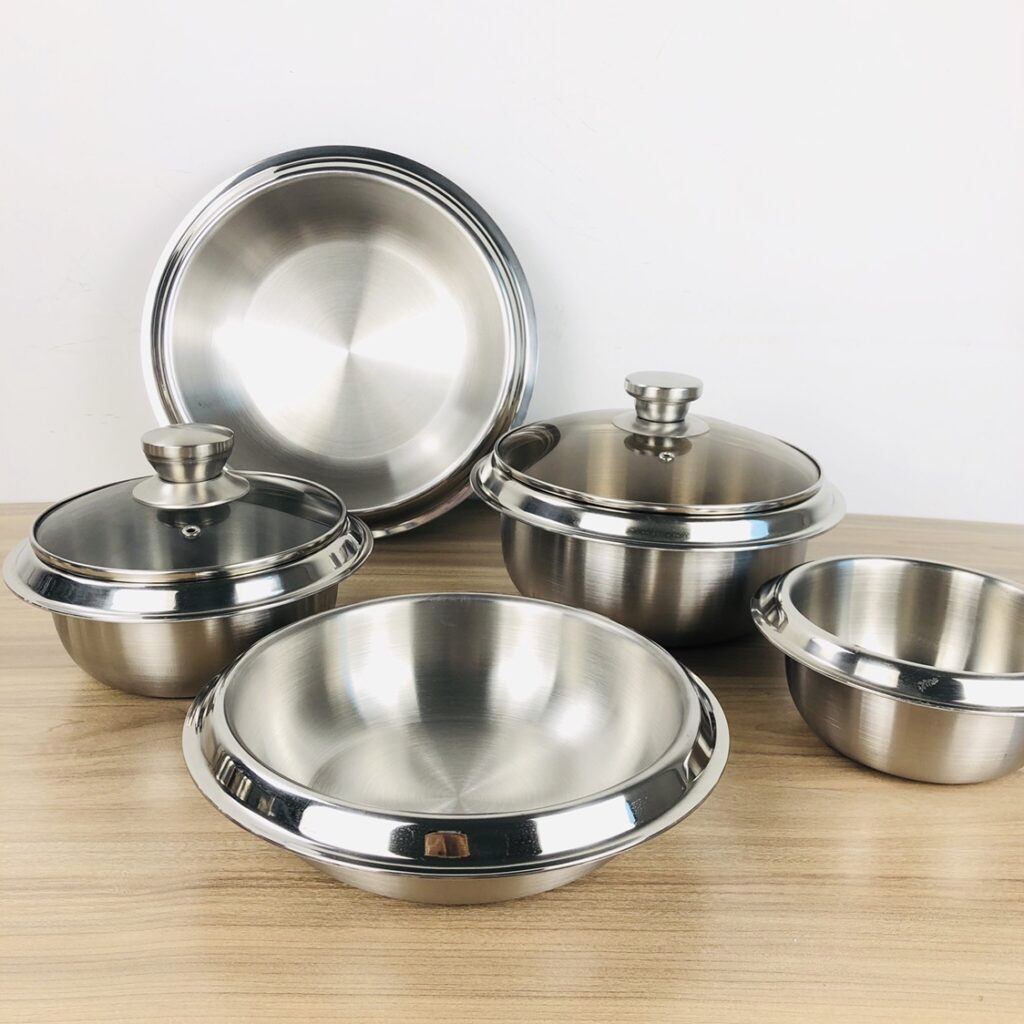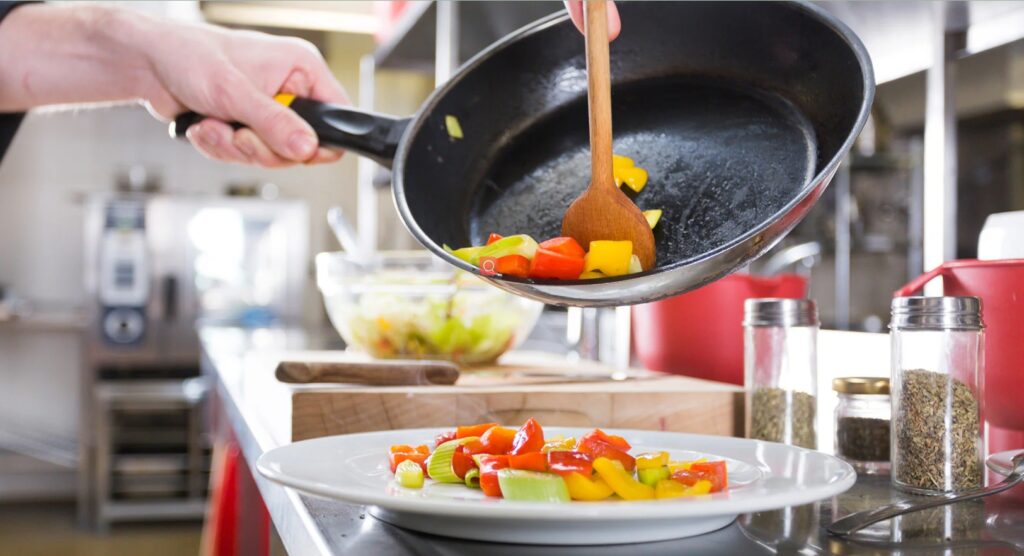Introduction to Triply Steel Cookware
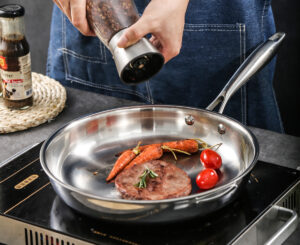
When it comes to culinary tools, the material significantly influences cooking performance. Triply steel cookware is often praised for its efficiency, especially in preventing food from sticking. This blog post will explore the reasons behind this remarkable feature.
The Structure of Triply Steel
Triply steel, also known as tri-ply, typically consists of three layers: stainless steel on the exterior, aluminum in the middle, and stainless steel on the interior. This combination allows for excellent heat distribution, which is crucial in preventing hotspots that can cause food to stick. The middle layer of aluminum ensures even heat penetration, promoting a uniform cooking experience.
Unique Cooking Properties
One of the primary reasons triply steel cookware excels at minimizing food adhesion is its smooth surface. Unlike traditional non-stick pans, which might wear off over time, triply steel maintains its integrity. Moreover, the steel is non-reactive and does not impart flavors to food, making it versatile for various recipes. This smoothness, combined with even heat distribution, results in less sticking, allowing for easy release and cleanup.
Conclusion
In conclusion, tri-ply cookware provides a blend of durability and performance that helps reduce food sticking during cooking. Its unique structure and properties make it a valuable tool in any kitchen, promising delightful cooking experiences with minimal hassle.

